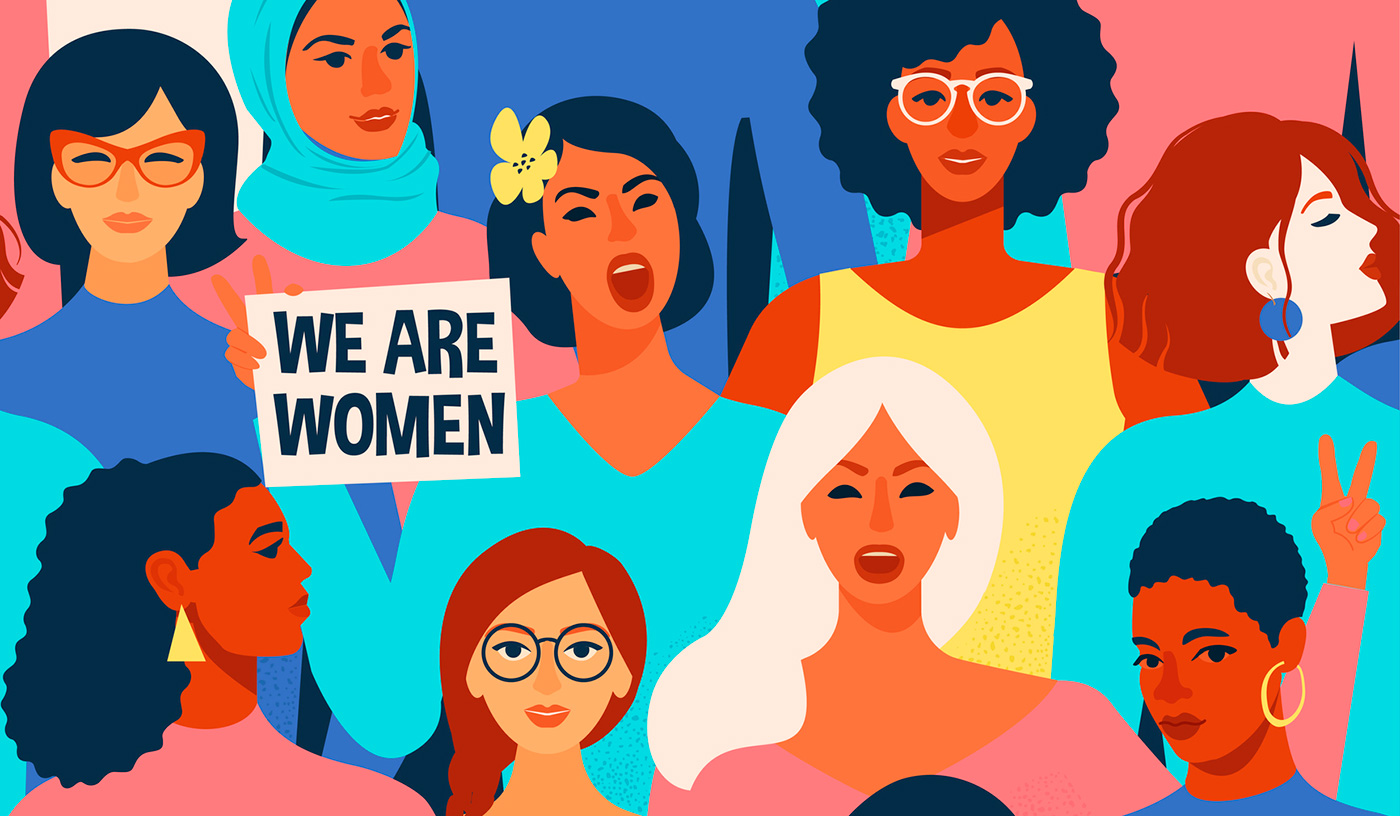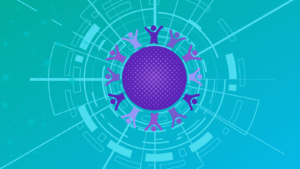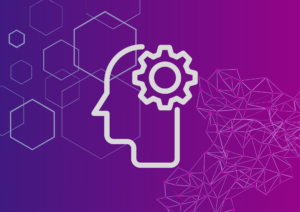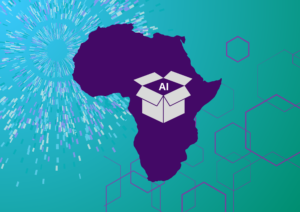Biases in our datasets, our collection, and the processing of data are present but not inevitable. Identifying these challenges and developing agile ways to address them remains an important step in building a more diverse and equitable future.
In a blog I recently authored with Bertrand de La Chapelle we stipulate that the data-driven era is fraught with policy challenges, and building a more equitable and inclusive digital society requires a bold change of perspective regarding data governance. We also put forward a new definition of the “Datasphere” defining it as the complex system encompassing all types of data and their dynamic interactions with human groups and norms. This new concept helps recognize the growing dependency of human activities on data and could help uncover and address the biases embedded in our data-driven world.
Humans, systems, and machines collect, process, share and use staggering volumes of digital data, personal and non-personal, public and private. Data now underpins and reflects practically all economic sectors and social activities. Policy-making, at local, national, and international levels, also critically relies on data. Data is paramount both to inform individual decisions and to address major global challenges.
In a world where data is being leveraged in many aspects of our lives from health, transportation, to addressing climate change, how do we ensure the data we are leveraging for policy decision-making is providing an accurate picture of all human lives and experiences?
On the occasion of International Women’s Day #BreakTheBias it’s necessary to draw attention to gender data bias but one should not forget other types of data bias which cut across: race, sexuality, and disability to give only a few examples.
Author of the book “Invisible Women: Exposing Data Bias in a World Designed for Men”, Caroline Criado-Perez¹ has referred to the “gender data gap” as a “phenomenon whereby the vast majority of information that we have collected globally and continue to collect — everything from economic data to urban planning data to medical data — have been collected on men”.
The importance of data in our society calls for increased efforts to address the gender data gap and think more holistically about how data is collected, used, and shared.
The ITU highlights the issue of the gender data gap and its impact on advanced technologies such as AI. “When data is not collected and separated by gender, there is no way to learn what works and what doesn’t for different groups”.² Missing data leads to missed opportunities.
UN Women has highlighted how gaps in gender data make it hard to monitor progress for women and girls. Making sure that data represent the lived reality of women and girls in all their diversity by addressing deep-seated biases in concepts, definitions, classifications, and methodologies, is essential to making women and girls visible.³
Many initiatives are working to tackle these challenges and address gender data gaps and biases. For example, the Gender Data Portal is the World Bank Group’s comprehensive source for the latest sex-disaggregated data and gender statistics covering demography, education, health, access to economic opportunities, public life and decision-making, and agency. The tool provides a number of resources to explore countries and topics with indicators on gender equality.⁴ Women Count is an initiative from UN Women’s gender data program, created to improve how gender data is produced, used, and shared so that all women and girls are counted.⁵
These initiatives need to be connected to the broader policy debates about data governance so that the multiple sectoral and policy silos are bridged to connect practitioners and affected agents. The Datasphere Initiative has started to map the variety of organizations working on data governance and has set-out work to identify trends and understand this growing data policy ecosystem.⁶ Organizations working on gender will be a key feature of this effort and we hope it will grow with the help of the community.
At the Datasphere Initiative, we believe that a human-created global Datasphere is shaping our digital society and that the 21st century is — and will increasingly be — the century of data. Responsibly unlocking the value of data for all, means that taking a gender lens to data policy and practice is vital. Diversity and equity in our Datasphere depend on it.
1. See book Invisible Women, published in 2019 by British writer and feminist Caroline Criado Perez
2. https://www.itu.int/hub/2020/09/bridging-the-ai-gender-gap-why-we-need-better-data-for-an-equal-world/
3. UN Women (2018), Making women and girls visible, Issue brief, https://www.unwomen.org/sites/default/files/Headquarters/Attachments/Sections/Library/Publications/2018/Issue-brief-Making-women-and-girls-visible-en.pdf.
4. https://www.worldbank.org/en/data/datatopics/gender/about
6. Datasphere Initiative (2022), Datasphere Governance Atlas 2022, Datasphere Initiative (upcoming)





